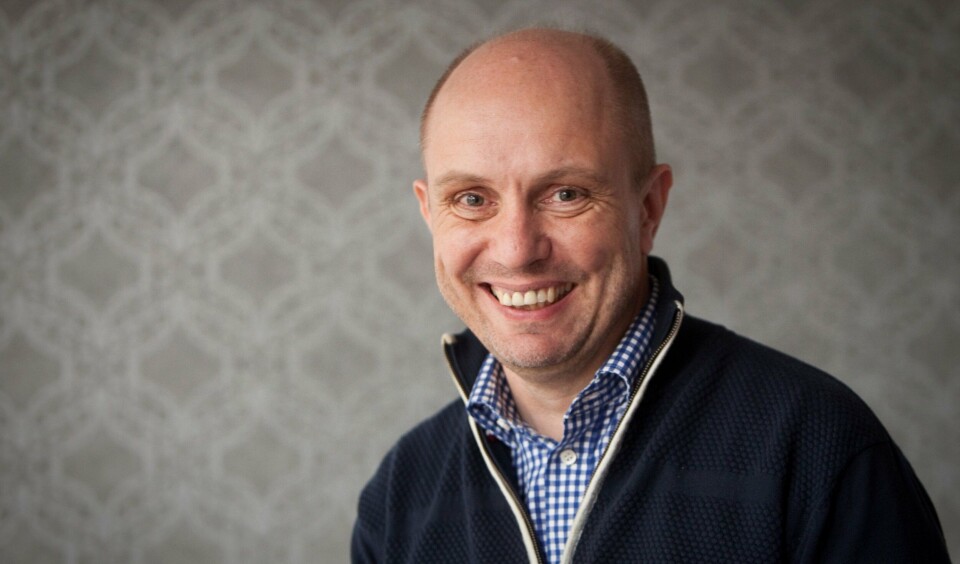
BioMar adding 40,000 tonnes to shrimp feed capacity
Aquaculture feed manufacturer BioMar Group has announced that it is to build a new extrusion line at its factory in Ecuador, which produces shrimp feed.
The new line will add approximately 40,000 tonnes capacity and is expected to enter operation in Q1 2020, a year after the latest capacity expansion, which is due in Q1 2019.
“We have experienced a strong growth in Ecuador since the acquisition of Alimentsa in 2017 and we currently operate at our capacity limit,” said BioMar vice president emerging markets Henrik Aarestrup. “For our customers the new line will mean increased flexibility and increased choice, as it will significantly expand our capacity for extruded and value-added feed solutions.”
Double-digit growth
Shrimp production in Ecuador has experienced double-digit growth in 2018, placing the country as the third largest shrimp producing nation in the world.
“The Ecuadorian shrimp sector will continue to grow in the coming years, however at a somewhat slower pace than in 2018, where we have seen an exceptionally high growth,” said Aarestrup.
“Ecuador has a competitive edge when it comes to producing shrimp in a responsible manner with high focus on both sustainability and product quality. Recent initiatives like the launch of the Sustainable Shrimp Partnership will further enhance this position.”
The investment is part of BioMar’s strategic plan for the shrimp business, which also includes a recently inaugurated research and trial unit in connection with the plant in Ecuador.
Profit guidance
Last month BioMar upped its profit guidance for 2018 after a strong third quarter in its non-salmon divisions.
Year-to-date results of the Danish company were DKK 879m, ahead of 2017 (DKK 832m), mainly due to a strong performance in the new business units in Ecuador, Turkey and China, although revenue from salmon feed production fell.
Chief executive Carlos Diaz said at the time: “We knew that Q3 was going to be another challenging quarter for the salmon division due to the tough competition, especially in Norway.
“However, we clearly see light ahead in terms of recovering volumes and results. We have taken several measures improving our long-term financial performance, striving to increase efficiency while at the same time leveraging on our core strength being locally agile with a strong focus on innovation and collaboration. I believe that we in a short time will see our performance in Norway back on track.”























































